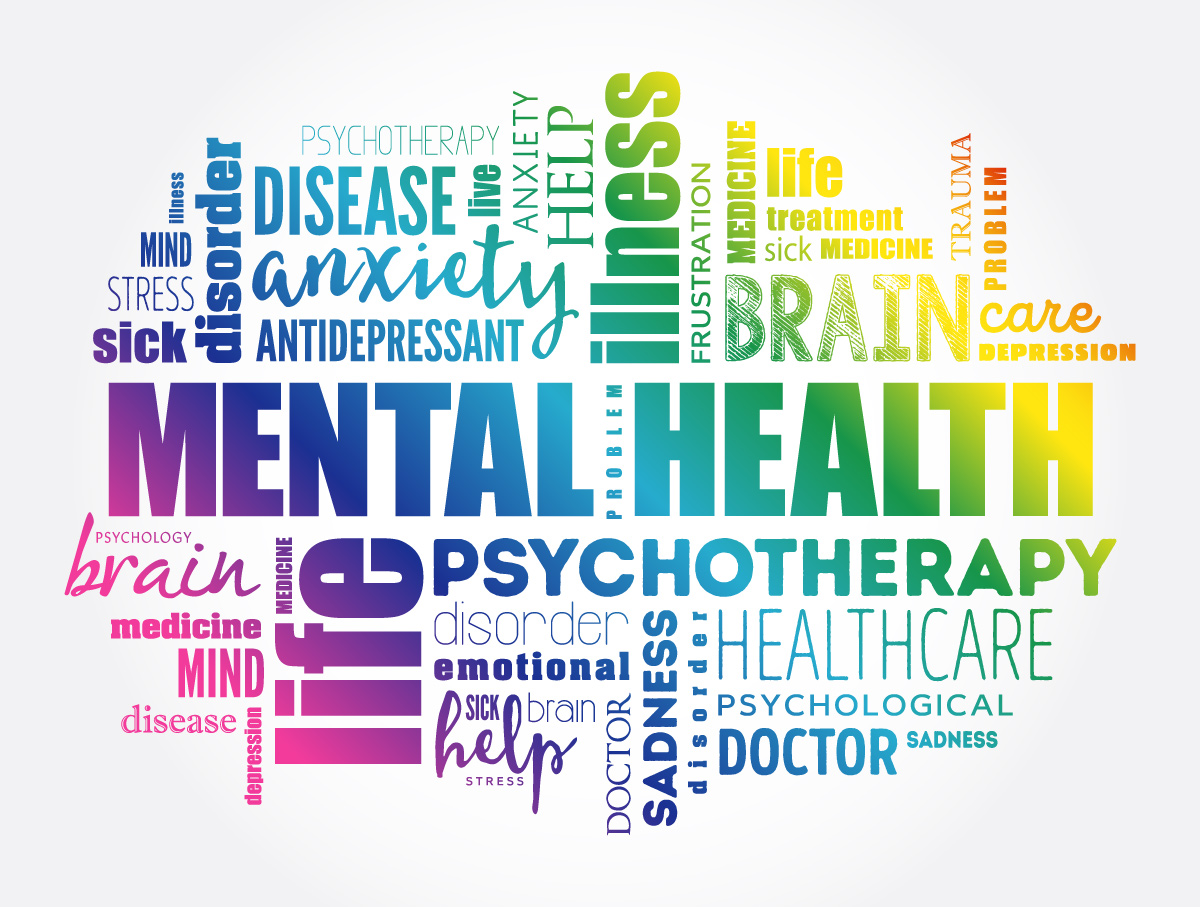
What are the factors that impact on mental health and wellbeing at work?
The research is clear that working conditions are one of the key predictors of mental health in the workplace. Whilst it is accepted that many things impacting or relevant to poor mental health are beyond the employer’s control, the evidence is also that work contributes positively to good mental health and the concept of team and colleague support unites employees at a time of distress. The evidence indicates that work related mental health continues to be a concern for many organisations. Research from the Health and Safety Executive shows that there were 914,000 cases of work-related stress, depression and anxiety in 2021/22. This was equivalent to 17 million working days lost and made up half of all working days lost due to work related ill health. Currently, one in four workers say that work impacts negatively on their mental health and well-being.
The role of Occupational Health in Mental Health Assessment.
Occupational Health professionals are specialists in assessing the impact of mental health problems on work and health assessment of work-related factors that affect mental health which include-
- Organisational culture – Overwork and burnout-a culture that values long hours can contribute to burnout and poor mental health and work life balance.
- Management style – Poor communication, negative environment, lack of empathy and failure to prioritise diversity and inclusion.
- Lack of flexibility and culture that does not allow for flexibility can contribute to stress and anxiety as employees feel unable to manage competing demands leading to feelings of being overwhelmed and stressed.
- Lack of support – from colleagues and management
Health assessment and referral to Occupational health results in advice on risk management and individual health which enables employers to discharge their legal duties in relation to mental health and reduction of stress. Occupational Health will advise on a range of measures including risk assessment and reasonable adjustments.
Risk Assessment should be carried out in line with the HSE Management Standards and should identify all work-related risk factors in a written action plan. It will include assessment of the following areas –
- Demands – the demands placed on the individual (e.g., workload, work patterns);
- Control – how much influence an individual has on the way they do their work;
- Support – the levels of encouragement, sponsorship and resources provided by various stakeholders (e.g., colleagues, managers, the organisation);
- Relationships – the quality of relationships, including levels of conflict and unacceptable behaviour;
- Role – how well individuals understand their roles and whether there is any conflict between tasks they are involved in;
- Change – how change within the organisation is managed and communicated.
Promoting a positive organizational culture that prioritises mental health can help create a healthier more productive workplace, and business leaders can lead by example, prioritise their own mental health, model healthy behaviours, and promote a positive culture.
